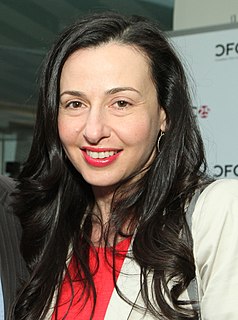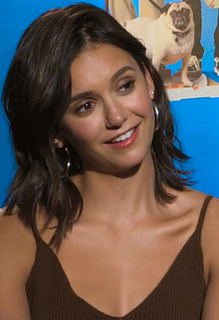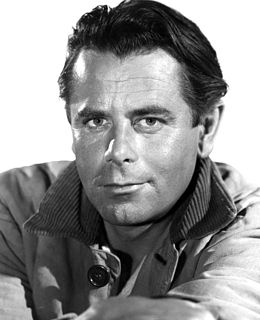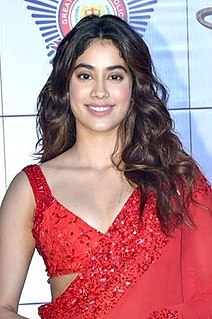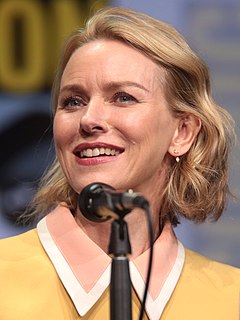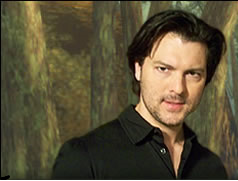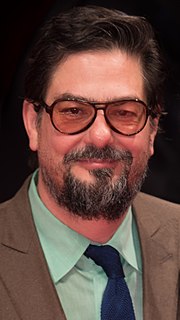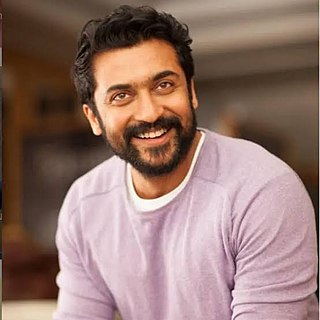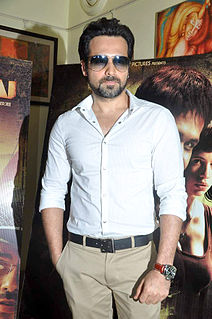A Quote by Ruba Nadda
The secret is you need a director who refuses to walk away and you need a director willing to put their whole career behind the project.
Related Quotes
Your actors need to trust you as a director, but normally, I think you just need to have an open communication between the actors and the director. I think the director needs to really paint his or her vision to the cast and let them know the kind of mood that he or she is making. I think that's very important.
I had done it all in my career. I always felt, as a kid, that that's what a director needed to be. Hitchcock could do anything in my mind. He's the director. That person has to be the best actor, the best designer, the best cinematographer. Then I came to realize that isn't the case. You just need to surround yourself with the best.
While the storytelling in games is getting so much better, you look at something like Grand Theft Auto V, which I thought was really beautifully written, it doesn't really need a movie because it is a movie. So I think you need a unique game - you either need an incredibly talented writer and director to come in and put together an amazing vision, or you need a game like Metal Gear, which is very cinematic, has a huge amount of history behind it, but whose cinematic experience is very different from what you'd get in a theater.
Film’s thought of as a director’s medium because the director creates the end product that appears on the screen. It’s that stupid auteur theory again, that the director is the author of the film. But what does the director shoot-the telephone book? Writers became much more important when sound came in, but they’ve had to put up a valiant fight to get the credit they deserve.
